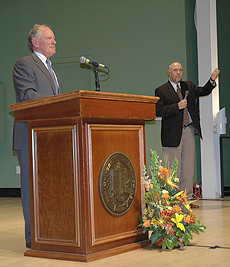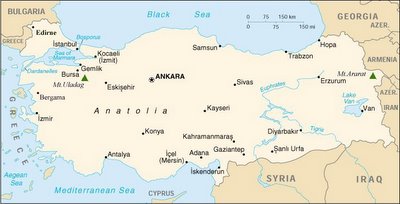Armenia’s democracy
November 2005 has proved to be a bad month for democracy in the south Caucasus. After the fraudulent election in Azerbaijan on 6 November, where international attention on the region remain focused after the vote in the light of protests over the results, Armenians went to the polls on 27 November in a government-sponsored national referendum on amendments to the 1995 constitution. There were only a handful of international monitors, but they and local observer groups reported large-scale fraud – particularly inflation of turnout numbers, ballot-stuffing and intimidation of observers.
The Central Election Commission reported a 65% turnout amongst the 2.4 million registered voters, with over 93% – 1.4 million people – voting "yes". This official figure, similar to the one reported after the hotly contested second round of the 2003 presidential poll, suggests bustling voter activity. Yet NGO and media observers walked into eerily deserted polling stations; International Crisis Group observers, visiting three separate Yerevan polling stations, each time for forty-five-minute periods, saw no more than thirty people in total voting. Council of Europe observers stated that the "extremely low voting activity did not correspond to the high figures provided by the elections commission."
Full article.

